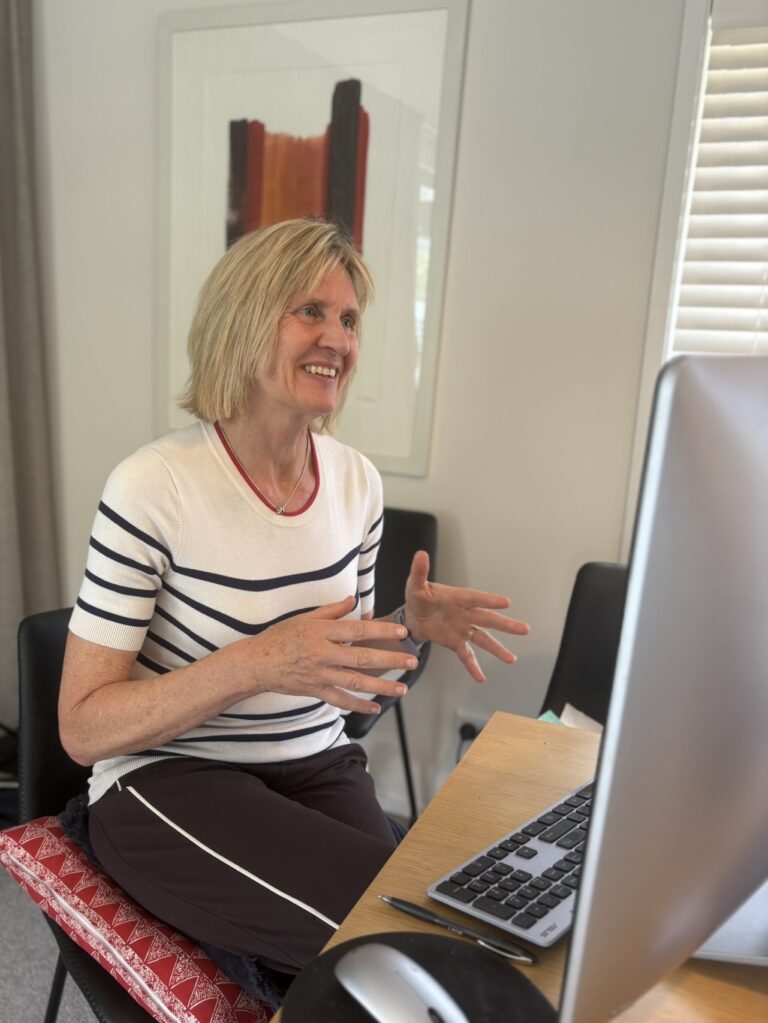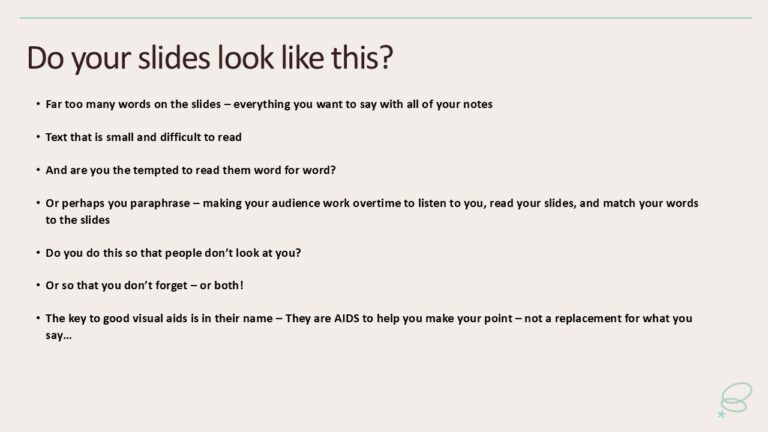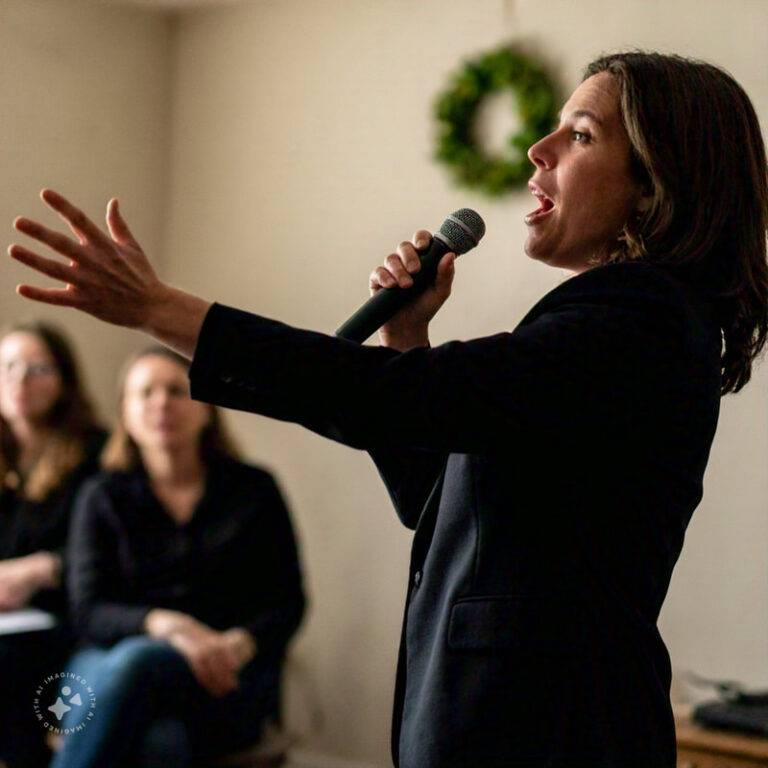The Fear-Less Public Speaking Blog
You will find articles here, mainly about public speaking nerves. These articles feature many of my clients and their stories about dealing with public speaking anxiety.
If you are interested in a course or one-on-one coaching, see what others say for direct testimonials.
Why You Feel Most Nervous Right Before You Speak (Even When You Are Well Prepared)

People experience public speaking anxiety at different stages. In the days or weeks leading up to a presentation, you might notice a low-level dread. On the day itself, that anxiety often builds. For some people, it eases once they start speaking. For others, it comes...

I Have Public Speaking Anxiety – Should I Do a Course or Get Private Coaching?

When people ask me whether they should do a public speaking course or get private coaching, I used to have a very clear answer: Do a course. You don’t get better at public speaking by talking to one person — even if that person is...

Death by PowerPoint Is Alive and Well!

We’ve all heard the phrase “Death by PowerPoint.” And yet… it’s still everywhere. You know the kind of presentation I mean — slides packed with bullet points, sentences, even full paragraphs. The presenter either reads them word-for-word or paraphrases just enough to make you wonder...

Public Speaking and the Fear of Blushing

I used to be a blusher. When I spoke, when I liked a boy, or when I made a mistake—I turned red. My blushing reached its peak as a teen and resurfaced during menopause, when frequent hot flushes sometimes collided with embarrassing situations. After menopause?...

How to Stop Waffling – Think Before You Speak!

Picture this: You’re mid-sentence in an important meeting when suddenly your brain hits the brakes. Words tumble out, but they’re not making sense. You’re rambling, circling back, desperately trying to find your point. Sound familiar?”I can’t think when I speak. My mind goes blank so...

English Is Not My First Language – Do I Need to Get Rid of My Accent?

“Can you help me get rid of my accent?” This question landed in my inbox recently from Carol, a former Toastmasters colleague. Carol is Chinese, and although her English is good, she is self-conscious about her accent. My response? “Carol you are perfectly clear – your...

What Sparked Your Fear of Public Speaking – and What Should You Really Learn From It?

I was working with a banker recently when I asked him a simple question: “Can you remember when your fear of public speaking began?” At first, he couldn’t think of anything specific. But toward the end of our session, a memory surfaced. He said: “I...

Let’s Talk About the Fear No One Talks About

Let’s be honest—public speaking freaks a lot of us out. But here’s the thing… no one really talks about it.Over the years, I’ve asked large audiences, “Raise your hand if you’ve never been nervous about public speaking.” At most, a few hands go up. The...

Five Ways To Start and Finish Your speech For Maximum Impact

Picture this: You’re introducing Ben, who is giving a talk about exercise. You say,“Ben will speak to us today about the benefits of exercise.” And how does Ben start? “Hi, I’m Ben and today I am going to talk to you about the benefits of...

Public Speaking and Acting – What Is the difference?

Public speaking can have performative aspects – good public speakers know how to use dramatic techniques for effect. But public speaking and acting are not the same thing. Understanding the similarities and differences can help you become a better public speaker. The purpose Acting aims...

How To Become a Public Speaking-Friendly Organisation

I was running a public speaking workshop for a company a few years ago, and the national manager attended. He commented on the value of public speaking. He said that hearing people speak – whether it is giving presentations or speaking up at meetings –...

Can You Talk to Your Manager About Your Fear of Public Speaking?

Less than 20% of participants in Fear-less public speaking courses have their course fees paid by their employer. Sure, some participants are self-employed, want to improve their speaking skills for non-work-related reasons, or are looking for a new job. But others may be missing opportunities...

Why You Should Be the Only Person Who Can Give Your Presentation

I was helping to run a workshop recently for high school student leaders. They were practising inspirational-type speeches that they would be giving at school assemblies to younger students. Common themes were making the most of opportunities at school, overcoming adversity, and making friends. All students spoke...

Had a Speech That Bombed? How to Figure Out What Went Wrong and Fix It.

Everyone has experienced failure at work, but the public humiliation of a bombed presentation is particularly hard to handle. And it can stay with you for a long time. Unfortunately, a common reaction is for people to try to avoid public speaking after a failure...

Three Personality Types and One Fear – Public Speaking!

Laid-back Luke, Perfect Penny, and Sensitive Sarah all share a fear of public speaking. In this article I have used three personas to explain how different personality types can share this common fear. None of these personas represent a real person, but they are all typical...
